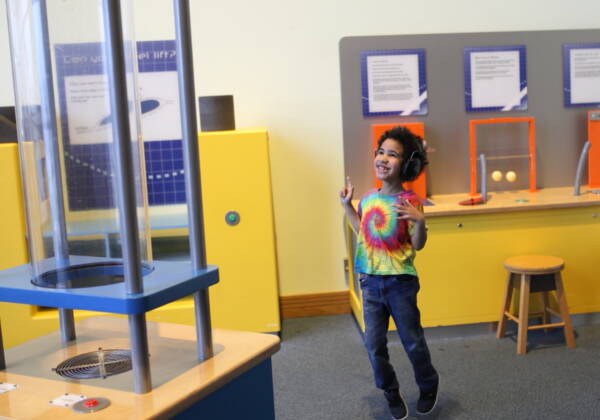The way we talk about autism matters.
Using kind, respectful words helps everyone feel understood and included. Below is a summary of some of the language that is best to use when discussing autism, and words or phrases to avoid.
Person-first or Identity-first language
Research tells us that most autistic people prefer the term “autistic person". This is called identity-first language, as it recognises that being autistic is a part of that person's identity and everyday experiences. This is the term we recommend using most often as this is what most autistic people say makes them most comfortable.
Some people prefer “person with autism”. This is called person-first language, as it suggests we should think about the person first before any condition or difference. If this is the term the person with a diagnosis prefers, this should be used, to help them feel most comfortable.
If you’re not sure, it’s best to ask. You can also use or 'mirror' the language they use when talking about themselves.
Using respectful and accurate language
The table below gives more tips on which words to use or avoid when talking about autism.
Words to use
Autism or autism spectrum
This is the most common way to refer to the condition as it is simple and user-friendly. Spectrum recognises that autism is different for everyone. Some people will need more support, others may need less support.
Condition or difference
These words recognise that autism is not the 'wrong' way of processing but a natural variation.
Some people prefer these words instead of “disability.” It is important to respect each person’s choice.
Neurodivergent
This means someone whose brain works differently from what’s considered “typical.” It includes autism, ADHD, dyslexia, and more.
Support needs
Instead of saying “high-functioning” or “low-functioning,” it’s better to talk about what kind of support someone needs.
Words to avoid
Disorder
The word ‘disorder’ within the official diagnostic term (ASD) can be very negative; it is much more balanced to just use the term autism.
Suffering from autism or symptoms of autism
Autism isn’t an illness. Characteristics or differences related to autism are not symptoms as they are not the wrong way of being – being autistic is a natural variation in brain processing.
Normal or “not normal”
Everyone’s brain is different. Instead of “normal,” say “neurotypical” for people who aren’t autistic.
High-functioning / low-functioning
These labels can be misleading. They don’t show the full picture of someone’s strengths and challenges, and can lead to assumptions about what a person can or can’t do.
Asperger’s
This term is outdated and no longer used in official diagnosis.
If you’re not sure what words to use, just ask! Listening and learning from autistic people is the best way to be respectful and inclusive.
You can build your confidence about talking about autism through our range of training courses.
